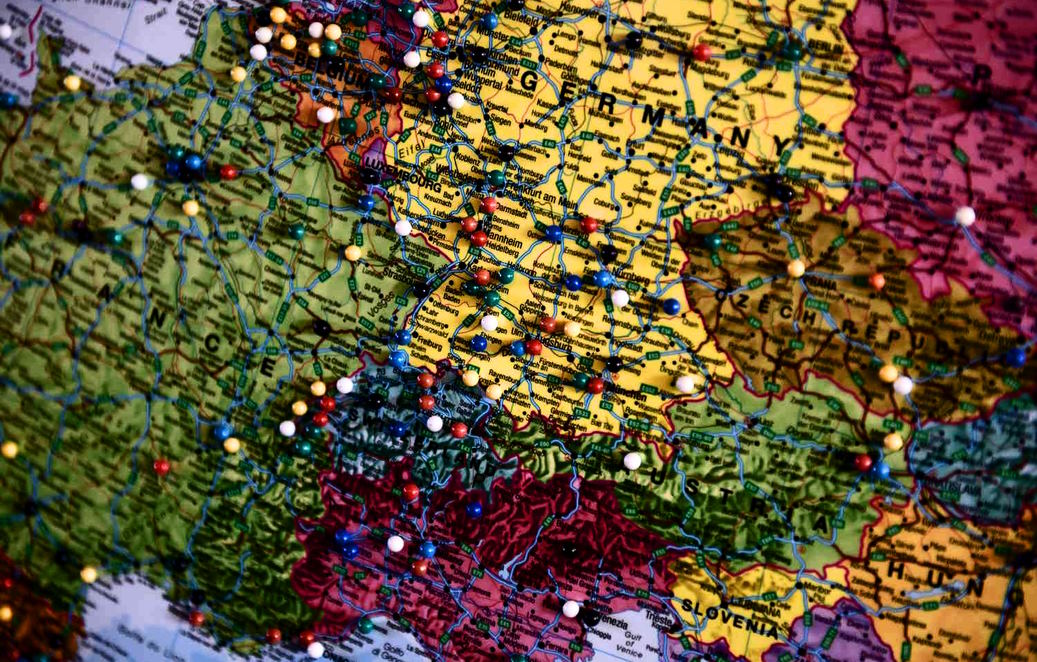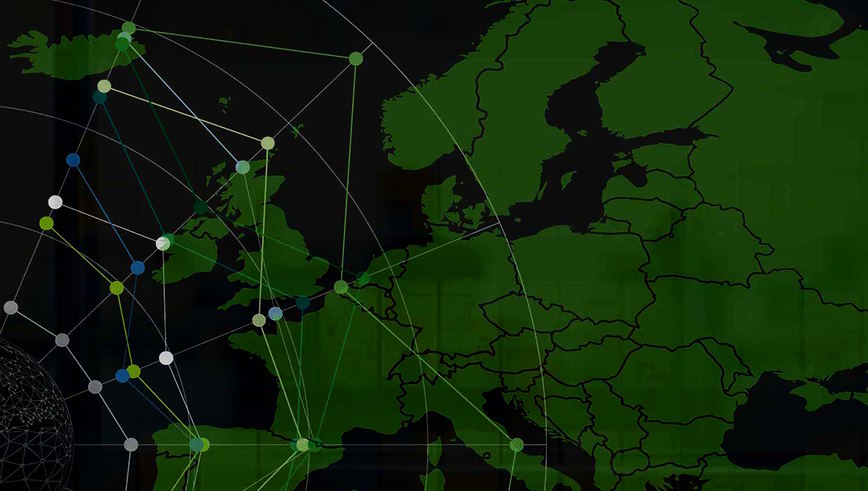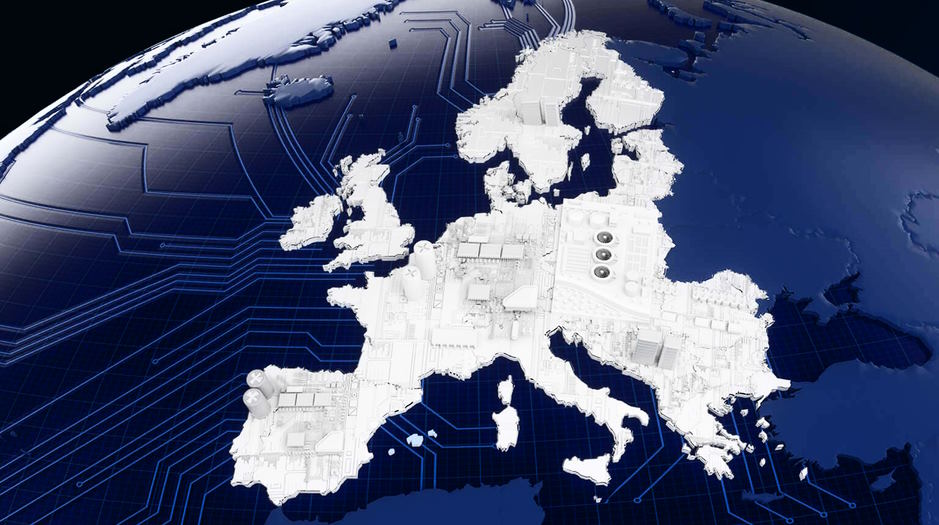Strategic Location: Leveraging Europe’s Geographical Advantage for Business
Europe’s strategic location has long been a catalyst for economic success, serving as a hub of trade and commerce for centuries. With its unique geographical advantage, Europe offers unparalleled opportunities for businesses to thrive in a globalized world. From its access to major markets and established transportation networks to its favorable business environment and diverse workforce, Europe provides a strong foundation for businesses to leverage its strategic location for economic growth.
Business Sectors Benefiting from Europe’s Geographical Advantage
Businesses operating in Europe can benefit from its strategic location in various sectors. One key sector that leverages Europe’s geographical advantage is manufacturing and logistics. Europe’s efficient transportation infrastructure, including ports, airports, and highways, enables businesses to adopt just-in-time production and distribution strategies, minimizing inventory costs and improving supply chain efficiency. Additionally, Europe’s well-developed supply chain and logistics networks allow for supply chain optimization, reducing lead times and improving overall operational efficiency.

Another sector that benefits from Europe’s geographical advantage is trade and commerce. Europe’s proximity to major markets, both within the region and globally, offers import and export opportunities for businesses. Cross-border trade and investments are facilitated by established trade routes and favorable trade agreements, allowing businesses to tap into new markets and diversify their customer base.
The tourism and hospitality industry also thrives in Europe due to its strategic location. Europe offers diverse tourist destinations, from historic landmarks to picturesque landscapes, attracting tourists from around the world. The growth of the hospitality industry is driven by the high influx of tourists, resulting in increased demand for accommodations, food, and other services. Businesses in the tourism and hospitality sector can capitalize on Europe’s geographical advantage by offering unique experiences and services to cater to the diverse preferences of tourists.
Furthermore, Europe’s strategic location has made it a hub for financial services. Established financial centers such as London, Frankfurt, and Zurich attract global businesses and investors, offering a wide range of financial services, including banking, insurance, and investment management. Access to capital markets in Europe allows businesses to raise capital for expansion, investment, and innovation, making it an attractive location for businesses in the financial services sector.

Challenges and Risks
Despite the many advantages of Europe’s geographical location for businesses, there are also challenges and risks that need to be considered. One of the main challenges is competition from other regions, particularly emerging markets in Asia and Africa, as well as established markets in North America and Latin America. Businesses operating in Europe need to stay competitive in the face of increasing competition from these regions, which may offer lower labor costs, larger consumer markets, or other advantages.
Another challenge is the economic and political uncertainties that can impact the European business landscape. For example, the aftermath of Brexit, the United Kingdom’s exit from the European Union, has created uncertainty for businesses operating in Europe. Changes in trade agreements, tariffs, and regulations resulting from Brexit may disrupt supply chains, increase costs, and affect market access for businesses in Europe. Additionally, trade disputes and geopolitical risks, such as trade tensions between the EU and other countries or regions, can impact business operations and create uncertainty for businesses operating in Europe.
Regulatory and legal complexities are also challenges that businesses in Europe may face. Europe has diverse regulatory frameworks across different countries, each with its own set of laws, regulations, and business practices. This can create challenges for businesses operating across multiple European countries, requiring them to navigate complex compliance requirements and varying legal systems. Moreover, compliance with EU regulations and directives, which aim to harmonize regulations across member states, can also be complex and time-consuming, posing risks for businesses that do not comply with these regulations.

